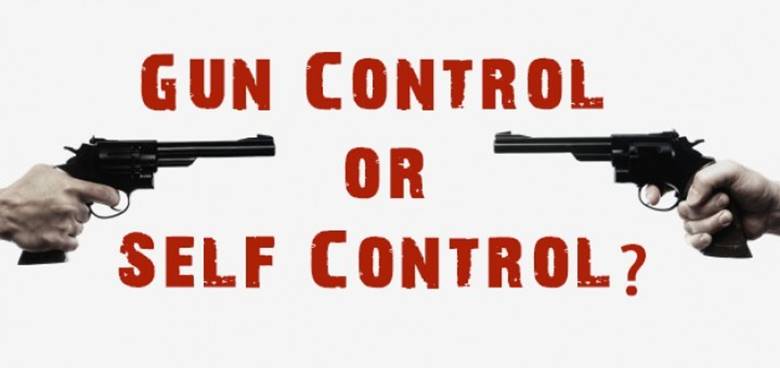The legal basis for firearm possession in the US is enshrined in the Second Amendment of the Constitution. But how are guns regulated? DW looks at who can buy and sell them — and how one loophole undermines gun control. Gun control is one of the most divisive issues in American politics. With each mass shooting — defined as four or more victims having been killed indiscriminately — antagonism grows between both sides of the gun control argument. Proponents of stricter gun regulations fear for their safety in a country where there is an average of 88 guns per 100 people, according to the 2011 Small Arms Survey. The Brady Campaign to Prevent Gun Violence estimates that around 114,994 people are shot each year in the US. This includes murders, assaults, accidents, police intervention, suicide attempts and suicides. Opponents of regulatory arguments, however, also fear a loss of safety. They argue that restricting the right to bear arms would leave citizens unable to protect themselves in their daily lives or, in a worst-case scenario, from a government turned against the people. Though regulations vary from state to state, there are a few key conditions for obtaining guns in the US. The Gun Control Act of 1968 (GCA), which regulates firearms at the federal level, requires that citizens and legal residents must be at least 18 years of age to purchase shotguns or rifles and ammunition. All other firearms — handguns, for example — can only be sold to people 21 and older.
State or local officials may implement higher age restrictions but are not allowed to lower the federal minimum. Fugitives, people deemed a danger to society and patients involuntarily committed to mental institutions are among those who may not purchase firearms. People with prior felony convictions that include a prison sentence exceeding one year, or misdemeanors carrying sentences of more than two years, are also prohibited from purchasing firearms. Federal law also blocks the sale of guns to people who have been found guilty of unlawfully possessing or using controlled substances within the past year. This includes marijuana, which, though legalized in many US states, remains illegal under federal law. Most states require permits to carry handguns. Concealed carry and open carry vary by state. Some states allow residents to carry handguns without permits. By contrast, virtually no state requires a permit to carry rifles and shotguns. Massachusetts and New Jersey require people carrying rifles and shotguns to bring along a form of ID or a firearms identification. So as we can see, and conclude from the facts is that even though US is a mother of a new age democracy, they are still the last country in the world who had legalized slavery in 20th century and wild west is still present.
S. Xiao



